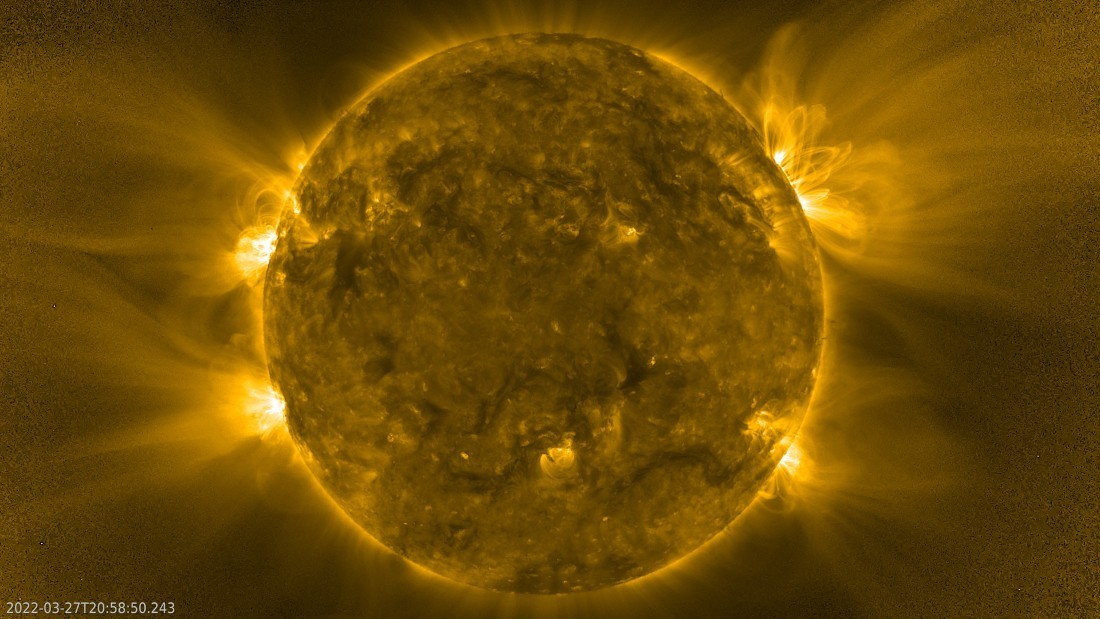
The significant “fall” in global real estate prices has begun and is expected to continue until 2024, with a decline of up to 40% The problem is global, but developed economies are particularly exposed “trembling” in central banks and markets ECB warnings from 2021 and fears From the “coordination” with the banking crisis ● The dimensions of the problem in Greece and why… the downturn has not yet begun.
What is a “bubble”? The “abnormal” rapid correspondence and beyond all correspondence with the fundamental economic figures is the increase in stock prices as well as in real estate prices – a type of hyperinflation. What is a “bubble” burst? The rapid decline in prices is also due to new economic data – a type of hyper-deflation. The recent banking crisis brought back memories of the 2008 financial crisis, which was “triggered” in the United States by the collapse of the derivatives market on mortgage loans that “fell”. One of the “bubbles” threatening the international economy once again concerns the real estate market. As prices have increased by more than 40% in just two years, 2021 and 2022 (up to or at the end of the third quarter).
After two years of hyperinflation in the real estate market, prices have already begun to stabilize or decline, but many are worried or expect a move into hyperdeflation, with real estate prices falling as much as 40% until 2024. The “bubble” is a given and the risk of it bursting is real.
As the chart and table show, the real estate “bubble” is global, but volumes are greatest in the group that the International Monetary Fund and other similar organizations call “advanced economies,” where Greece is also ranked. Internationally, the United States is – again – the leader in the real estate “bubble”, followed by the Netherlands, Austria and Germany in Europe, but also Australia and the United Kingdom. The only exception is Canada, where the “bubble” has already burst since mid-2022, with prices down more than 20% so far. Greece is among the countries with a very high price increase rate (27.1%), much higher than Italy, Spain and even France.
The “bubble” internationally was caused by higher investments mainly in commercial real estate (office space). There are particular reasons in Greece: the high demand from abroad for tourist properties, the reduction in owner occupancy with mass exits to the real estate market through the auction process, but also the rapid expansion of airbnb.
Fears and “pre-holidays”
The European Central Bank (ECB) sounded the alarm early, in November 2021, and found that rising real estate prices and increased borrowing posed a threat to the stability of the eurozone. In 2022, the magnitude of these risks has increased exponentially. The ECB returned to its latest bulletin, noting with concern the drop in sales and valuations. Between October and December 2022, real estate transactions declined by 44% year on year, with the commercial, office and shopping mall sectors most at risk.
The biggest risk is that the rapid decline in prices and valuations will “hit” the banking system again. Fitch CEO Ewan Gatfield puts it this way: “It would be fair to say that commercial real estate is among the weakest group of assets that banks are exposed to.” As with other investments in sectors where “bubbles” have been created, as well as in the real estate sector, these are based on bank loans and financial leverage.
Bank loans are necessary not only for the initial investment (purchase) but also for investments in renovation or maintenance of commercial properties that require new loans. Original loans also have a term and at some point in time it is time to pay them back or more commonly refinance. This is where the rapid increase in interest rates by central banks in the name of fighting inflation comes into play: new loans, as well as refinancing old ones, become more expensive. On the other hand, lower transactions, prices and valuations “press” on private investors, who may have to liquidate assets to cover the “hashurah” – a process that led to the withdrawal of deposits and the collapse of SVB in the USA.
And the signs are already showing: Blackstone, the world’s largest commercial property investor, recently defaulted on a secured loan against a Finnish real estate portfolio and put a cap on withdrawals (it severely limited related applications from individuals in March), in an apparent effort to avoid collapse by bleeding investment. , while Moody’s downgraded loans against German property secured by Brookfield in March – to name a few.
Evolution of the real estate price index* in selected countries

“Avid problem solver. Extreme social media junkie. Beer buff. Coffee guru. Internet geek. Travel ninja.”





More Stories
The five ways to set aside €1,000 by the end of the month
The Indian SUV costs about the same as a Mercedes G-Class
What will eventually happen to petrol and diesel cars?